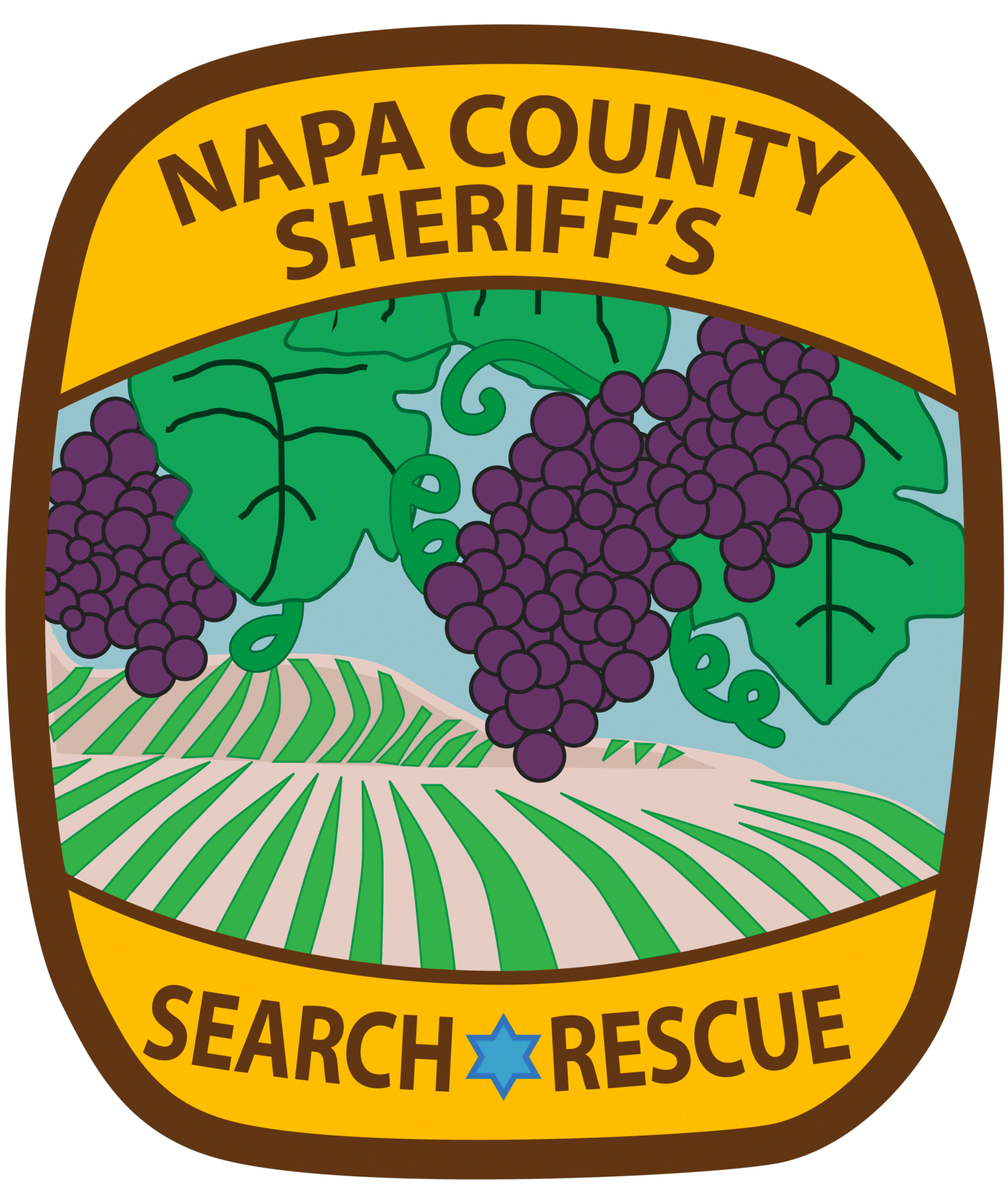Ground units
Three or more foot searchers are dispatched from the command post, each unit with a radio and their 24 hour pack. These teams are given maps of the area, an assignment, and a briefing regarding the subject. They search their assigned areas conducting voice calls for the subject, looking for tracks and other clues. These teams can expect to either stay in the field for extended periods, or go through several shorter assignments.
TRACKING
Napa SAR Team has over 15 Advanced Trackers. The average person leaves 2,500 "clues" per mile they walk. The advanced trackers are trained to see these clues and determine a direction of travel and to help guide search teams to where the missing person might be. The team is fortunate enough to train with some true professionals in this skill who have been tracking and training Border Patrol, Army Special Forces and DOJ for over 40 years.
ATV
Napa SAR team has four ATVs and two UTVs. They specialize in containment of a search area, team transport, radio relay, and off-camber terrain. They are available for searching, to transport rescue equipment to teams in the field, assist with patient transport out of the field and other logistical needs during a search operation.
Search Dogs
Search Dogs are utilized, and these dogs have extensive training before they are certified to be used by OES. Trailing dogs look for a particular person, using a piece of clothing known to have been worn by the subject. An air-scent dog will locate anybody in a certain area, they are good for clearing large areas. These teams consist of the dog handler, the dog, and one or more search team members.
Mounted Posse
Mounted Posse members are used to clear longer, more strenuous assignments. In general a posse team can clear three times the distance that a ground team can. The Mounted Posse is its own entity sanctioned by the Sheriff’s Department, just as the Search and Rescue team is.
AEro Squadron
Air Squadron will be used on some of our searches if the conditions permit. They are useful in conducting visual searches clearing large areas rapidly and for transportation if needed. They use spotters and fly over the search area in an effort to spot clues or subjects. They are also useful when we cannot reach remote areas with our radios or repeater system. They “orbit” (fly in circles) overhead while monitoring and relaying radio traffic from the command post to remote field teams.
State Park and Open Space Rangers
Rangers are used early on in the search even before we are called if the search is in their area. They conduct quick searches by driving the fire roads and patrolling any bodies of water with their boats. They are utilized by our team later in the search to provide important area knowledge, working closely with the search management team. They do work in these areas everyday, who would know the area better?
Local Law Enforcement Officers
Law enforcement officers are used mainly in urban searches. As in the wilderness, the local police are intimately familiar with the roads and areas in their cities. They will conduct a cursory search of the area by putting out a BOL (be on the Lookout) to all their units. They provide us with investigative information and ground support. They are useful in following up on leads turned up by the search teams or management.
Mutual Aid
Mutual Aid is called from surrounding areas when our search resources are used to their limits. All state agencies have a mutual aid agreement that basically says “..when you need help we will come. If we need help, we are going to call you.” This is an agreement all state agencies have in the state of California that also means that the requesting agency will not be billed for the aid. BASARC is a committee that helps the Bay Area teams communicate monthly and retain a working knowledge of the other teams.

